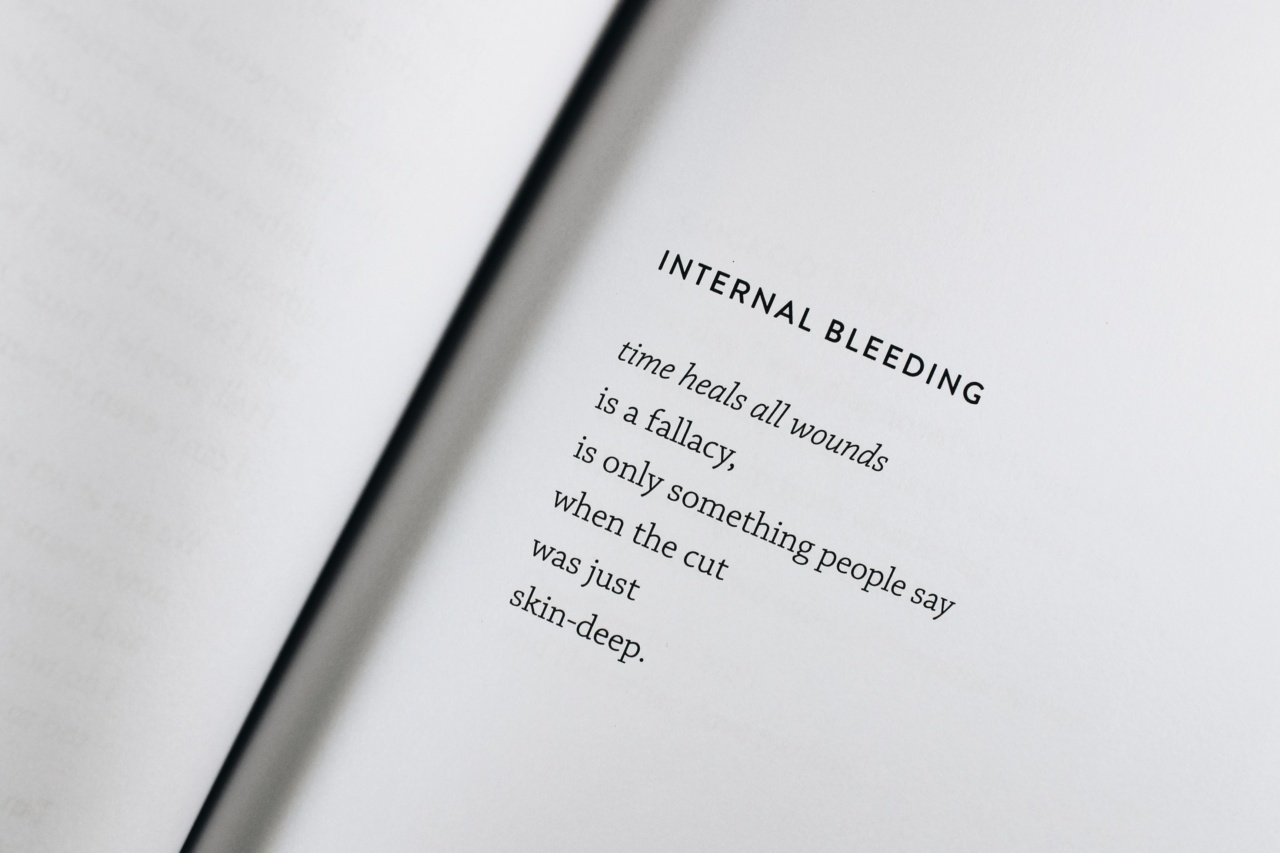Everyone knows that their body heals, but few people understand that it’s a 24/7 process. However, it is also true that wounds heal slower at night. This is because the way that your body’s circadian rhythm works.
The circadian rhythm is known as the “body clock” and affects different aspects of your body such as temperature, sleep-wake cycles, and even the function of your immune system. In this article, we will look at what the circadian rhythm is and how it can affect the process of wound healing.
What is the circadian rhythm?
The circadian rhythm is a 24-hour cycle that your body follows. It is regulated by a biological clock that is located in your brain. It refers to the physiological, behavioral, and biochemical processes that are regulated by this internal clock.
The circadian rhythm affects various aspects of your body, including your body temperature, hormone levels, metabolism, and sleep-wake cycles.
There are various external cues that can influence the circadian rhythm, including exposure to light.
Light is the most important and potent cue for regulating the biological clock, it helps to synchronize the body’s circadian rhythm to the 24-hour cycle of day and night.
The relationship between circadian rhythm and wound healing
The circadian rhythm plays a significant role in the healing process of a wound. The body’s circadian clock regulates many systemic processes that affect wound healing.
One aspect that is regulated by the circadian clock is the timing of inflammation, which is the initial response of the immune system to injury.
The immune system is made up of various cells that play different roles in the healing process.
When the body is injured, the immune system responds by releasing various cytokines, which are signaling molecules that recruit immune cells to the site of the wound. These cytokines are regulated by the circadian rhythm, and their release varies throughout the day.
The levels of cytokines are highest during the daytime, which means that wound inflammation is most active during the daytime, and it may be less active at night.
The release of growth factors, which encourage the growth of new tissue, also varies throughout the day, regulated by the circadian clock.
Growth factors are released mostly during the early morning, which means that they would be active when the wound is more inflamed. This helps to push the wound towards the regeneration and healing phase.
Another aspect that is regulated by the circadian rhythm is the function of fibroblasts, which are cells that play a significant role in creating new tissue in an injured area.
These fibroblasts are more active during the daytime, which means that they are more active when wound inflammation is at its peak. The fibroblasts produce collagen, which is a protein that helps to create the extracellular matrix, a scaffold that helps the skin to regenerate.
The role of sleep in wound healing
Sleep is a crucial aspect of circadian rhythm, and it plays a significant role in the healing process of a wound. During sleep, the body goes through various repair and restoration processes. This includes tissue repair and regeneration.
Sleep deprivation can negatively impact the immune system, increasing the risk of infection and slowing down the healing process.
Sleep is crucial for the production and regulation of cytokines, which play a critical role in the inflammatory phase of wound healing. The production of cytokines can be affected by sleep disorders or reduced sleep quality, which can lead to a delay in wound healing.
Sleep deprivation can also impact fibroblast activity, leading to slower tissue regeneration. Fibroblasts are most active during the day, and their activity at night is critical for the healing process.
Lack of sleep may reduce the production of growth factors, which have a crucial role in tissue regeneration. Therefore, sleep is a crucial aspect of wound healing, and it should not be overlooked.
Other factors that can affect wound healing
The circadian rhythm is not the only factor that influences the healing process of a wound. There are many other factors that can impact how well a wound heals. These includes:.
Nutrition
Nutrition plays a crucial role in the healing process. Your body needs the right nutrients to create new tissue and repair damaged tissue. A diet that is low in essential vitamins, minerals, and protein can lead to slower wound healing.
Smoking
Smoking can negatively impact the immune system, leading to slower wound healing. Smoking also constricts blood vessels, reducing blood flow to the wound. This means that the wound may receive fewer nutrients and oxygen, slowing down the healing process.
Diabetes
Diabetes can impact wound healing due to high blood glucose levels. High glucose levels can lead to nerve damage, reduced blood flow, and poor circulation. All of these can lead to slower wound healing.
Medications
Some medications can impact wound healing. For example, medications that affect the immune system, like corticosteroids, can slow down the healing process. Medications that affect blood flow can also slow down the healing process.
Conclusion
The circadian rhythm plays a significant role in wound healing. It regulates various aspects of the immune system, which are crucial for the healing process.
The timing of inflammation, the production of growth factors, and fibroblast activity are all regulated by the circadian clock. Therefore, it is essential to maintain good sleep hygiene to ensure that the body can go through the necessary repair and restoration processes that take place during sleep.
In addition to sleep, nutrients, smoking, diabetes, and medications are all factors that can affect healing, and they should be managed carefully to ensure the best outcome for wound healing.































